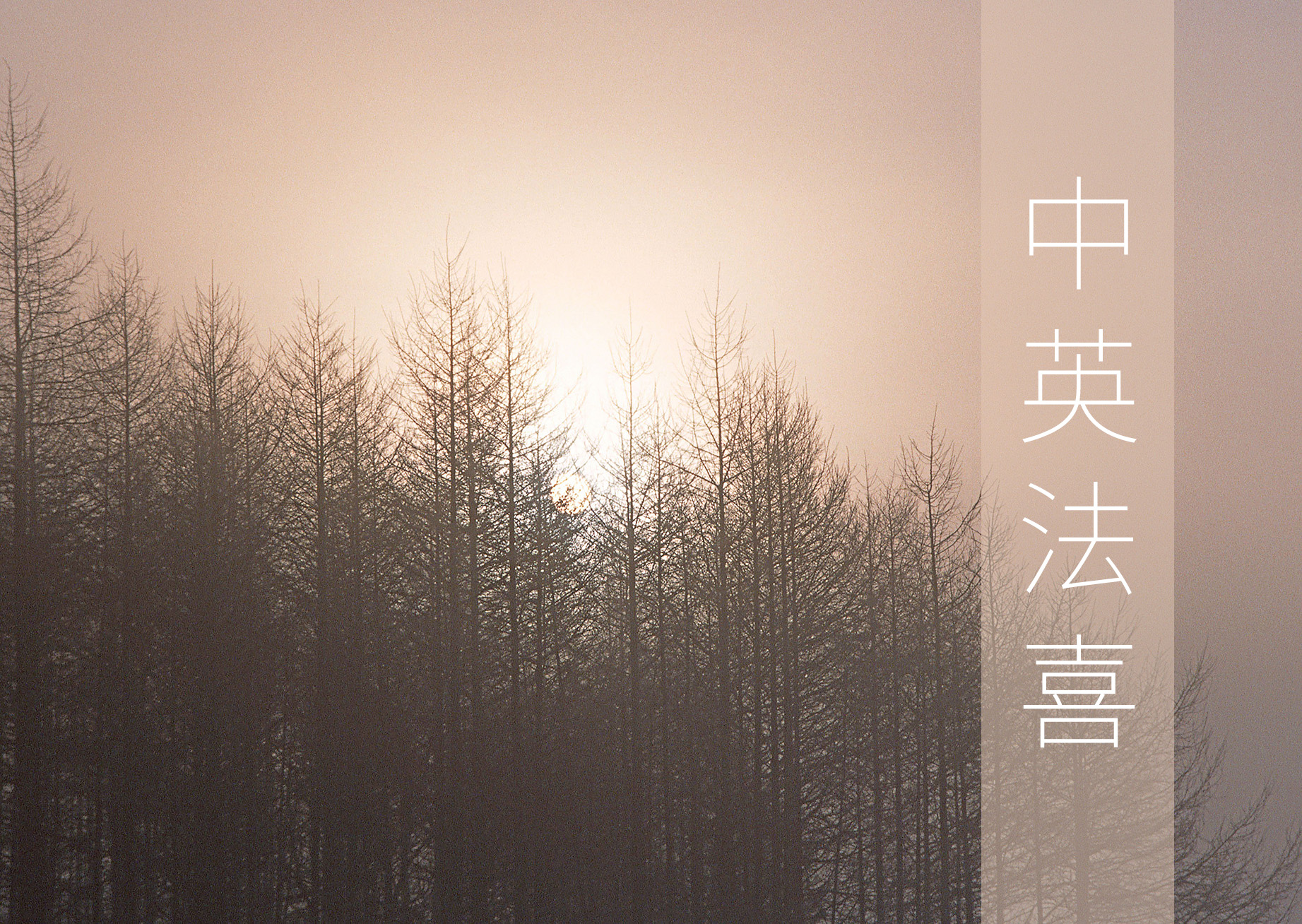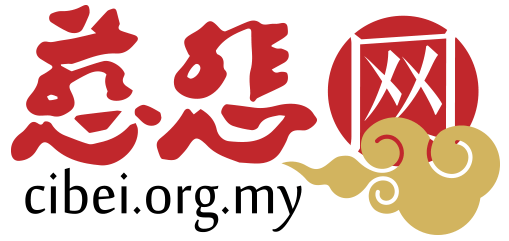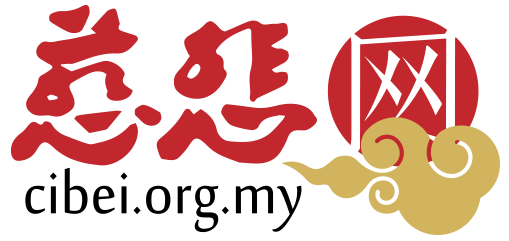
通常凡是有心或有兴趣于禅修的人,比较不容易有宗教层次的信仰心,因为信仰本身是属于感性,而禅修的人,多重视自己的修行,希望从修行中得到身心感应,得到禅修的经验,因此很不容易接受宗教层次的信仰,其实这是绝对错误的事。很多人都以为,禅修要全靠自己,属于「自力」,念佛的人则全靠「他力」,这两个观念都不正确。其实禅修也需要靠「他力」,念佛也需要有「自力」。一个禅修的人,不太可能完全凭自己的力量就能够完成。不论在印度、中国或在西藏,修行禅定的人还是需要老师、护法神及诸佛菩萨的护持。因此在中国禅宗寺院也供奉天龙八部、诸大天王等的护法神像。古德常勉励禅修的人要把「色身交予常住,性命付予龙天」,所谓色身,就是我们的身体,当在打坐用功的时候,不管自己的身体,自然有道场的执事来照顾,依道场的生活轨范来调摄。而且如果要想修行修得好,还需要有护法龙天的护持,没有护法龙天的护持,可能就会在身心方面有障碍出现,形成魔障。所以禅修而不相信在自力之外,还有佛菩萨及护法神的力量,那就不能够算是佛法的修行。
《 禅 修 与 信 仰 》—— 圣 严 法 师
People interested in Chan practice often find it difficult to have religious faith. As faith is intrinsically emotional, and Chan practitioners emphasize personal cultivation to gain physical and mental benefits or the experience of Chan, they find it hard to accept religious faith. This is actually a great mistake. Many people think that Chan practice depends solely on their own efforts, requiring self-reliance, while those who practice by reciting the Buddha's name depend solely on external help. Both of these views are incorrect. In reality, Chan practice also requires external help, and the practice of reciting the Buddha's name also requires one's own effort. One can hardly become an accomplished Chan practitioner through one's own efforts. In India, China and Tibet, all meditators need the support and assistance of teachers, Dharma-protecting deities, and the Buddhas and bodhisattvas. That is why Chan monasteries in China erect and worship the statues of Dharma-protecting deities such as the eight divisions of divinities and the four deva kings. In the past, eminent masters often encouraged Chan practitioners to "entrust their bodies to the monastery and their lives to the Dharma-protecting deities" during Chan meditation. You don't need to be concerned about your body since it will be taken care of by the masters on duty. You simply follow the monastery's routines. However, to achieve good results in your practice, you need the support of Dharma-protecting deities. Without such assistance, one may face physical and mental
obstructions, which may turn into demonic hindrances. Practicing Chan depending solely on one's own efforts without believing in the power of the Buddhas, bodhisattvas, and Dharma-protecting deities cannot be considered practicing Buddhism at all.
Chan Practice and Faith – Master Sheng Yan

朝圣是一个极为强大的积聚福德的方法,甚至当你在作准备时,如存钱,计划工作假期等,都能积聚大量的福德。如果我们能在自己的发心上更浇洒上菩提心的露珠,以最高的愿心,愿一切与我们有关朝圣之旅所做的事,不只回向来净化自己的迷惑与痛苦,也回向给一切有情众生令得证悟的话,那么所有看似世俗之事,从打包行李,购买机票到绕行佛塔等,都会成为追随大乘之道者的圆满事业。很多人常怀疑,忖度行善能积聚多少福德是否是自私的。虽然在积聚福德时,能够经常觉知自己是否自私是很重要的事,但是作为一个大乘行者与发愿成为菩萨的人,如果能将你所创造的一切福德回向给一切有情众生的究竟快乐,你的行为就绝对不会是自私的。
《 朝 圣 :到 印 度 佛 教 圣 地 该 做 的 事 》—— 宗萨仁波切
Pilgrimage is such a powerful method for accumulating merit that even making the preparations, like saving the money to pay for it and booking time off work, will earn a great deal. If we can also sprinkle our motivation with the dew of bodhichitta, so that everything we do associated with our pilgrimage is dedicated not only to pacifying our own delusion and suffering, but to bringing all sentient beings to enlightenment—the highest aspiration possible—then all the seemingly mundane activities involved, from packing and buying tickets to circumambulating a stupa, become the activities of one who follows a perfect Mahayana path. People often wonder if it’s selfish to think about the amount of merit accumulated through good actions. While it’s important to be aware of the risk of being selfish when it comes to accumulation, as a Mahayana practitioner and an aspiring bodhisattva, if you dedicate all the merit you create towards the ultimate happiness and enlightenment of all sentient beings, your actions will be anything but selfish.
What to do at India's Buddhist Holy Sites – Dzongsar Khyentse Rinpoche

如果掌握「有『我』的妄念就有苦」,就可以了解佛教的核心义理,因而受用无穷,不枉生为人身、值遇佛法;如果无法了解这一层义理,那么即使你是佛教徒,也得不到佛法的利益,只是虚有其名,枉为佛教徒,徒列其籍罢了!你将如其他非佛教徒一样坐着饮泣,继续受苦。作为一个真正的佛教徒,就要认真奉行佛陀的教诲,尤其是不要执意认为有「我」、「我所有」,做任何事都保持醒觉,就没有苦痛,如果真能这样,你就能好好工作并享受工作的乐趣。如果心里有「我」、「我所有」,所有的工作都是苦的,如此一来,任何轻松的工作也将变成沉重的负担;如果内心不执取「我」、「我所有」,而能清清楚楚,那么所有的工作,甚至包括繁重、污秽的工作都将充满乐趣。
《「 我 」的 危 险 》——佛使比丘
As soon as there is the idea "I" there is suffering. Grasp this important principle and you are in a position to understand the essential core of Buddhism, and to derive benefit from Buddhism, taking full advantage of having been born a human being and encountered Buddhism. If you don't grasp it, then though you are a Buddhist you will derive no benefit from it; you will be a Buddhist only nominally, only according to the records; you will have to sit and weep like all those other people who are not Buddhists; you will continue to experience suffering like a non-Buddhist. To be genuine Buddhists we have to practice the genuine teaching of the Buddha, in particular the injunction: Don't identify as "I" or "mine"; act with clear awareness and there will be no suffering. You will then be able to do your work well, and that work will be a pleasure. When the mind is involved in "I" and "mine," all work becomes suffering; one doesn't feel like doing it; light work becomes heavy work, burdensome in every way. But if the mind is not grasping and clinging to the idea "I," "mine," if it is aware, all work, even heavy or dirty work, is enjoyable.
The Danger of I (Another Kind of Birth) - Buddhadasa Bhikkhu
評論


